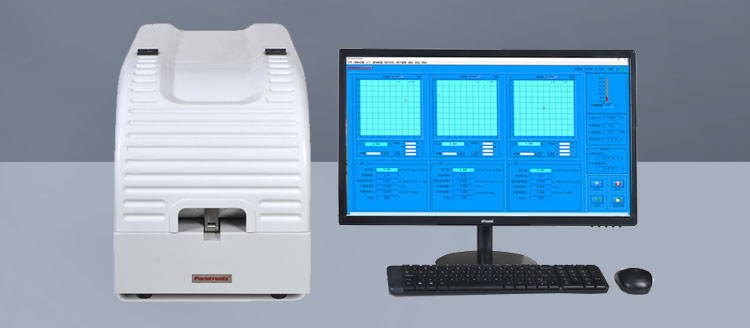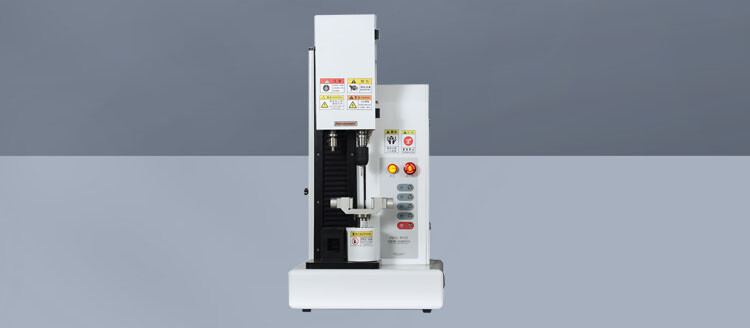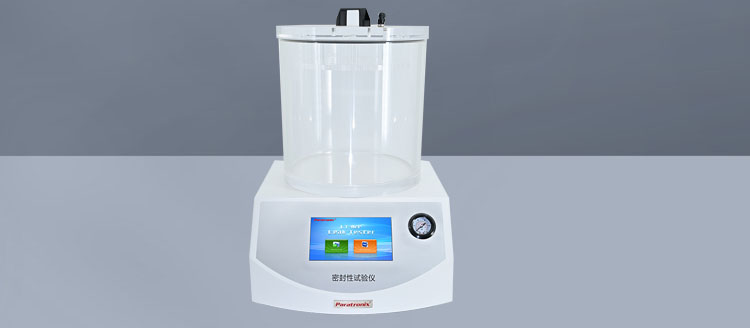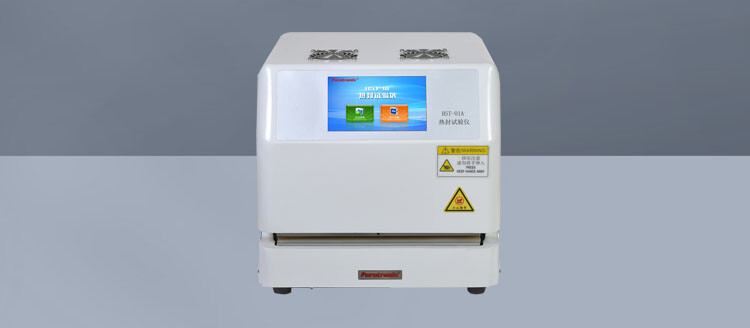Recent Posts
![Oxygen barrier performance test of medical plastic ampoule bottles Oxygen barrier performance test of medical plastic ampoule bottles]() Oxygen barrier performance test of medical plastic ampoule bottles2026-02-09
Oxygen barrier performance test of medical plastic ampoule bottles2026-02-09![ASTM F543-17 Standard Specification and Test Methods for Metallic Medical Bone Screws ASTM F543-17 Standard Specification and Test Methods for Metallic Medical Bone Screws]() ASTM F543-17 Standard Specification and Test Methods for Metallic Medical Bone Screws2026-01-22
ASTM F543-17 Standard Specification and Test Methods for Metallic Medical Bone Screws2026-01-22![Test method for peel strength of medical infusion patches Test method for peel strength of medical infusion patches]() Test method for peel strength of medical infusion patches2026-01-20
Test method for peel strength of medical infusion patches2026-01-20![Sealing testing scheme for eye drops Sealing testing scheme for eye drops]() Sealing testing scheme for eye drops2026-01-14
Sealing testing scheme for eye drops2026-01-14![ASTM F2029-08: Standard Practices for Making Heatseals for Determination of Heatsealability of Flexible Webs as Measured by Seal Strength ASTM F2029-08: Standard Practices for Making Heatseals for Determination of Heatsealability of Flexible Webs as Measured by Seal Strength]() ASTM F2029-08: Standard Practices for Making Heatseals for Determination of Heatsealability of Flexible Webs as Measured by Seal Strength2026-01-06
ASTM F2029-08: Standard Practices for Making Heatseals for Determination of Heatsealability of Flexible Webs as Measured by Seal Strength2026-01-06
ASTM D882 is a widely recognized standard developed by ASTM International for evaluating the tensile properties of
thin plastic sheeting and films, typically less than 1.0 mm (0.04 in) thick. This test method is essential for manufacturers,
researchers, and quality control professionals to assess material performance under tension, ensuring suitability for
applications in packaging, medical films, agricultural covers, and more.
Scope and Significance
The standard measures key tensile properties, including:
Tensile Strength – Maximum stress before failure
Yield Strength – Stress at which permanent deformation begins
Elongation at Break – Stretchability before rupture
Modulus of Elasticity – Material stiffness
These properties help determine durability, flexibility, and load-bearing capacity, critical for applications like food
packaging, industrial films, and flexible electronics.
Test Apparatus and Setup
Testing instrument:ETT-A Multipurpose Tester
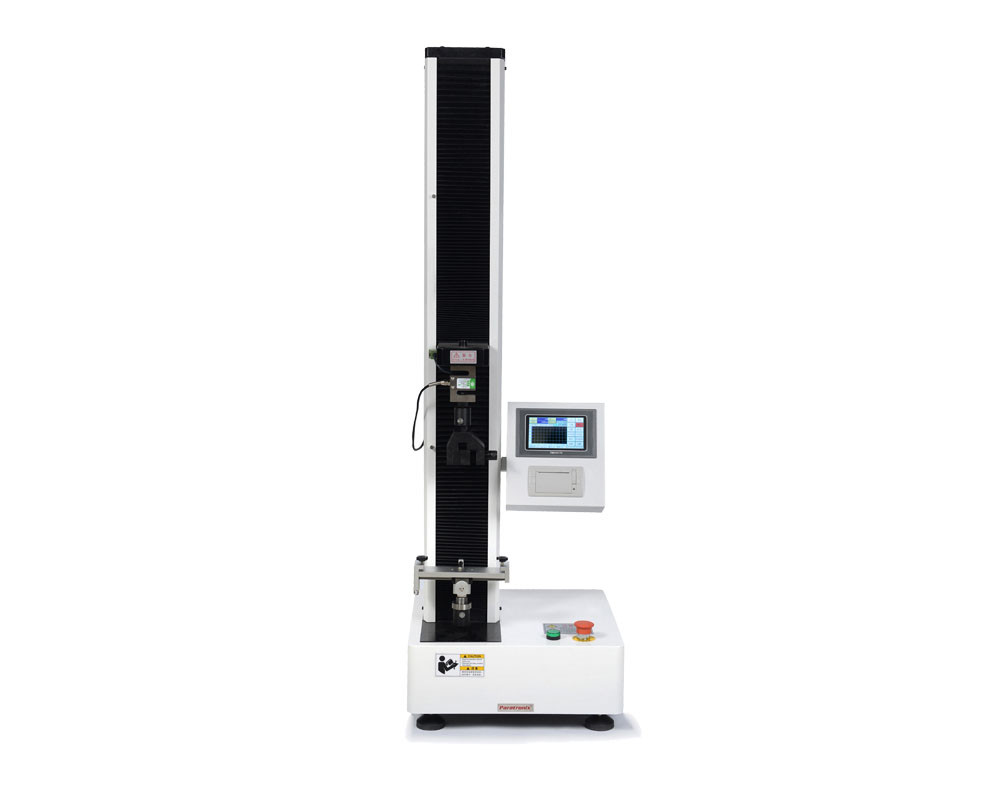
The test requires:
Tensile Testing Machine – With precise load cell and crosshead speed control (±2%)
Grips – Pneumatic or roller grips to prevent slippage
Extensometer – For accurate strain measurement (optional but recommended)
Environmental Chamber – For controlled temperature/humidity testing (if needed)
Proper alignment is crucial to avoid skewed results.
Specimen Preparation
Sampling: Specimens should represent the entire film batch.
Geometry: Dumbbell-shaped (Type IV) or straight strips (15–25 mm wide).
Cutting: Precision die-cutting to avoid edge defects.
Conditioning: ASTM D618 recommends 23°C and 50% RH for 40+ hours before testing.
Test Procedure
Mounting: Secure specimen in grips with proper alignment.
Preload: Apply minimal tension (~0.1 N) to remove slack.
Testing Speed: Typically 5–500 mm/min, depending on material.
Data Collection: Record load, elongation, and failure mode.
Applications
ASTM D882 is used in:
Packaging – Ensuring film strength for sealing and handling
Medical Films – Verifying tear resistance and flexibility
Agriculture – Testing mulch and greenhouse film durability
Electronics – Evaluating flexible substrate reliability
Limitations & Complementary Tests
While ASTM D882 provides essential tensile data, it does not account for:
Biaxial stresses (use ASTM D6693)
High-speed impacts (use ASTM D1709)
Tear resistance (use ASTM D1922)
Conclusion
ASTM D882 is a vital standard for assessing the tensile behavior of thin plastic films, ensuring material consistency
and performance. By following precise testing protocols, manufacturers can optimize film properties for diverse
applications, maintaining quality and reliability in end-use products.
Leave A Reply
Search by Keywords

